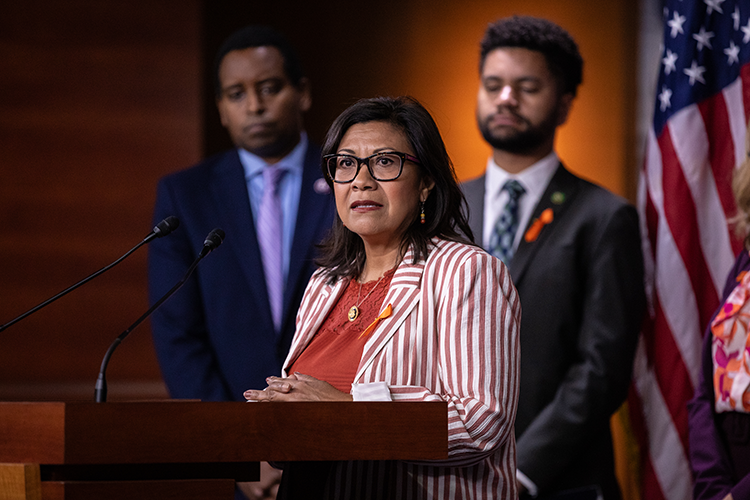Indiana Probate: What a Beneficiary Needs to Know
Accessing an inheritance can be a complex process, often initiated during a period of mourning and reflection following the passing of a loved one. In the middle of your grief, the practical steps required to obtain what has been left to you may eventually become a focal point. To help you better understand Indiana probate, the Indianapolis attorneys at Frank & Kraft explain what a beneficiary needs to know.
What Is Indiana Probate?
When an individual passes away, they leave behind an estate comprising various assets such as money, property, and personal belongings. This entirety is legally termed as their “estate.” The disposition of these assets is typically governed by either a documented estate plan or by intestate succession laws if no such plan exists. If the decedent had prepared a Last Will and Testament or established a trust, these legal documents dictate how their assets are to be distributed among beneficiaries. If no Will or trust exists, state intestate succession laws determine the distribution of assets to legal heirs. This entire legal process is referred to as “probate.”
Understanding The Role of Executor/Personal Representative
The role of the Executor or Personal Representative of the estate is pivotal in the probate process. This individual, named in the Will or appointed by the court, assumes responsibility for several critical tasks. They must locate and identify all assets belonging to the deceased, assess their value, and ensure their protection throughout the probate proceedings. Furthermore, the Executor is obligated to notify creditors of the estate, allowing them the opportunity to make claims against the estate for any debts owed by the deceased. Only after settling valid claims can the Executor proceed with distributing the remaining assets to beneficiaries and heirs.
When Will a Beneficiary Receive an Inheritance?
If you are a beneficiary, accessing your inheritance hinges on several factors, primarily determined by how the decedent arranged for the transfer of assets. If you were designated as a beneficiary in the decedent’s Will, for instance, you typically await the conclusion of the probate process before receiving your inheritance. Conversely, assets held in a trust are exempt from probate and can be distributed more swiftly, as specified by the trust agreement. Similarly, proceeds from a life insurance policy or assets in a “payable on death” account are generally accessible immediately upon the death of the insured or account holder, respectively. If the beneficiary is a minor at the time of inheritance, a legal guardian or Trustee is appointed (if one has not already been appointed by the decedent) to manage the assets until the beneficiary reaches adulthood.
Does a Beneficiary Need an Attorney for Indiana Probate?
Navigating Indiana probate can be daunting without legal guidance. Consulting with a knowledgeable probate attorney is often the most effective way to ensure a clear understanding of your rights and responsibilities as a beneficiary. They can provide invaluable assistance in interpreting legal documents, communicating with the Executor, understanding any tax implications, and advocating for your interests throughout the probate proceedings.
The probate process serves crucial functions beyond asset distribution. It provides a structured framework for validating wills, settling debts, and ensuring equitable distribution of assets among beneficiaries. By adhering to these legal procedures, the Executor safeguards the interests of all parties involved and upholds the wishes of the deceased as expressed in their estate plan.
Ultimately, the path a beneficiary travels to reach his/her inheritance can vary widely depending on the legal mechanisms put in place by the decedent and may include navigating the complexities of probate, understanding trust agreements, or ensuring prompt receipt of life insurance proceeds. Consulting with a probate attorney ensures that you are well-equipped to navigate probate efficiently and effectively.
Do You Have Additional Questions about Indiana Probate?
For more information, please join us for an upcoming FREE seminar. If you have additional questions or concerns about what a beneficiary needs to know about Indiana probate, contact an experienced Indianapolis probate attorney at Frank & Kraft by calling (317) 684-1100 to schedule an appointment.
Paul Kraft is Co-Founder and the senior Principal of Frank & Kraft, one of the leading law firms in Indiana in the area of estate planning as well as business and tax planning.Mr. Kraft assists clients primarily in the areas of estate planning and administration, Medicaid planning, federal and state taxation, real estate and corporate law, bringing the added perspective of an accounting background to his work.Read More!
Latest posts by Paul A. Kraft, Estate Planning Attorney (see all)







